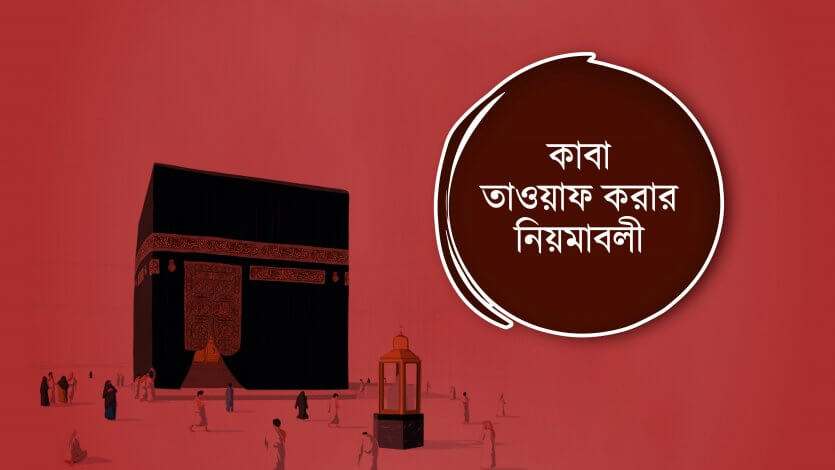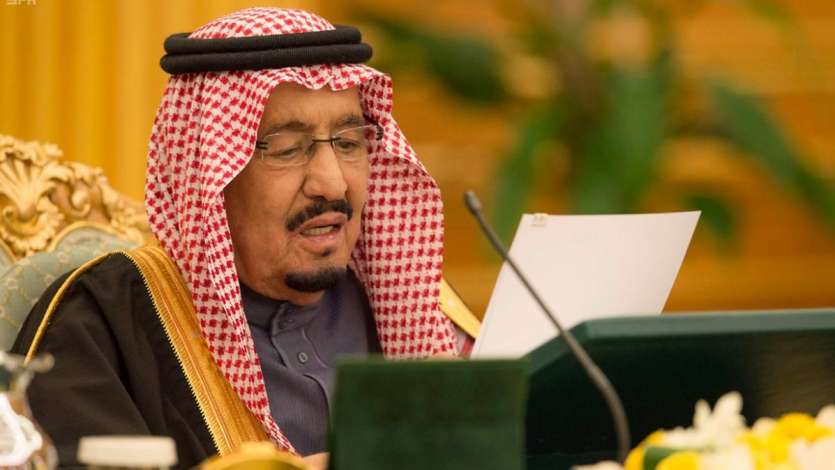This library, in She’eb Banu Hashim in Makkah is sited on the place where the Prophet Muhammad (ﷺ) was born on Monday 12 Rabi’ al-Awwal (April 22, 571 CE), in the Year of the Elephant. His ancestry can be traced back to the Prophet Ebrahim (upon him be peace).
The Prophet Muhammad’s (ﷺ) father Abdullah died about six months before his birth. He had gone on a trading expedition to Gaza and Syria in the north and on the way back he had lodged with his grandmother’s family in Yathrib (later to be known as Madinah). He became ill, died and was buried there. Thus, the Prophet (ﷺ) was born an orphan.
While his mother Aminah was pregnant, she had a dream that a light was emitted from her lower body that illuminated the palaces of Syria. When she went into labour, Shifa bint Amr, the mother of Abdul Rahman bin Auf (may Allah be pleased with her) served as midwife. Abdul Muttalib received the news of his grandson’s birth with joy. He took the newborn to the Ka’bah and invoked Allah’s blessings and thanks. Believing his grandson would grow up to be highly praised, Abdul Muttalib named him Muhammad, which means ‘he who is praised’. In keeping with Arab tradition, he then shaved the baby’s head and afterwards invited his fellow Makkans to a feast.
According to the report of Abul-Fida, when the people asked Abdul Muttalib as to why he called his grandson Muhammad, preferring it to the names of his forefathers, he replied, “It is because I have a longing that my grandson should be praised and commended by one and all in the world.”
Muhammad (ﷺ) was first nursed by his mother, and then by Umm Ayman, his father’s slave. An Abyssinian (Ethiopian) whose real name was Barakah, she embraced Islam and migrated to Madinah, where she died six months after the Prophet’s death. Barakah (may Allah be pleased with her) thus had the distinction of being the person who knew the Prophet (ﷺ) for the longest period of time.
Thuwaybah, the slave of Muhammad (ﷺ)’s uncle Abu Lahab, also nursed the infant. At that time, Thuwaybah was also nursing her own child, Masrooh, as well as Hamzah bin Abdul Muttalib and Abu Salamah bin Abdul Makhzoomi. Hence, these men became foster brothers because they were nursed at the same breast. Thuwaybah suckled the Prophet (ﷺ) for seven days and on the eighth day he was entrusted to Haleemah of the Banu Sa’d clan to bring him up in the desert.
Certain miraculous events are reported to have occurred at the time the Prophet (ﷺ) was born. However, most of them are not authentically related and therefore cannot be relied upon as decisive proof. This includes the narration which relates that some of the galleries of Kisraa’s (the Persian King’s) palace broke-up and collapsed, that the sacred-fire of the Magians, which had been burning for 1000 years in the Temple of Fars died-out and that some of the churches on Lake Saawah (in Syria) collapsed and sank down.
However, it is authentically related that the Prophet (ﷺ) said. “I am a result of the supplication of my father Ebrahim (upon him be peace) and the glad-tidings brought by Isa (upon him be peace). And my mother – when she bore me – saw that a light shone out from her, which lit up the palaces in Syria.” [al-Haakim]
Source: Islamic Landmarks






